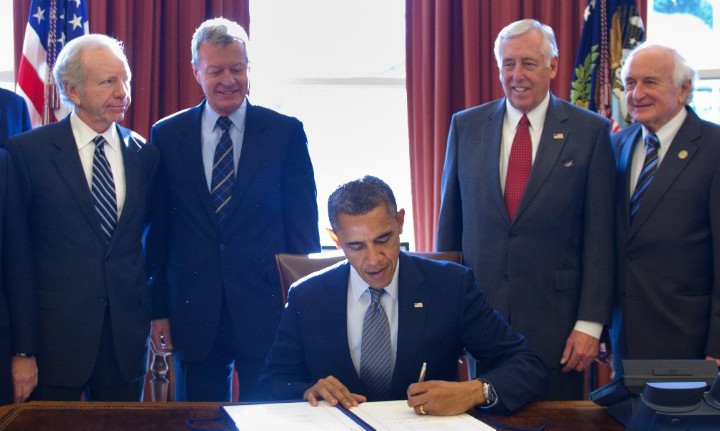Sanction Law Halloween Edition: OFAC Reanimates The Burma Sanctions Program
Apparently Halloween is a holiday celebrated by the United States Department of the Treasury’s Office of Foreign Assets Control (“OFAC”) because the sanctions investigators over at OFAC’s Office of Global Targeting (OGT) have decided to bring the Burma sanctions program back from the dead. Today’s designation of Aung Thaung, a member of Myanmar’s* lower house of parliament and the former Minister of Industry is the first designation under the Burma sanctions program in almost eleven (11) months. The long pause had raised the question of whether OFAC was done with new designations, at least as long as Myanamar’s government continued its reform process. It’s now clear that OFAC still has tricks on it’s mind rather than treats.
In fact, OFAC and the State Department have been far more concerned with taking names off of the SDN List than putting new ones on. In June, Assistant Secretary of State for Democracy, Human Rights, and Labor Tom Malinowski visited Myanmar along with OFAC Associate Director John Smith, during which they met with a number of businessmen on the SDN List. According to press reports, the two encouraged SDNs to avail themselves of OFAC’s administrative reconsideration process. This proactive approach is, as far as we know, the only time that U.S. government officials have actually engaged SDNs about the delisting process to this extent and was especially striking given the way OFAC deals with delistings in other sanctions programs.
That said, it appears that if anyone was going to spur OFAC into breaking their silence on Myanmar it was Aung Thaung. Thaung is one of the alleged architects of the 2003 Depayin Massacre in which dozens of National League for Democracy (NLD) were killed by a mob of government supporters and has been accused of being a hardliner opposed to Myanmar’s reform process. Additionally, his sons Pyi Aung and Nay Aung are successful businessmen who have allegedly profited from their father’s connections to the military by securing lucrative government contracts. There is good news for Thaung, though. Despite his new SDN designation, the SDN removal process under the Burmese sanctions program is far more defined that in any other program, with clear direction and criteria being provided by Treasury and State on how to remove such listings.
While it appeared that the Burma sanctions program had been winding down, it’s clear from today’s designation that the program is rather in a state of un-death. Following Myanmar’s transition to a civilian government, the U.S. lifted many of its more wide-ranging sanctions. Despite this opening, many western companies have hesitated to invest in Myanmar largely due to concerns about transactions with SDNs, which comprise many of the country’s largest companies and despite the high-level involvement in SDN reconsideration process, few names have come off the list. In the meantime Chinese and Japanese investors have been doing gangbusters.
If the U.S. wants western companies to match the enthusiasm for Myanmar of their Asian counterparts, it may wish to do more on the SDN removal front. This is not to say that they need to start removing names willy-nilly, rather that the engagement process begun in June needs better follow-through. The designation of Aung Thaung shows that the U.S. still has the stick in its toolkit. It needs to show that the carrot is there as well.
(Special thanks to Inle Advisory Group for contributing their unmatched knowledge of Myanmar to this piece)
*Myanmar is the name used by the current government as well as most of the international community. However, the United States continues to use Burma and the sanctions program is known as the Burma Sanctions Regulations. This blog will use the term Myanmar except when specifically referring to the BSR or the Burma sanctions program.


